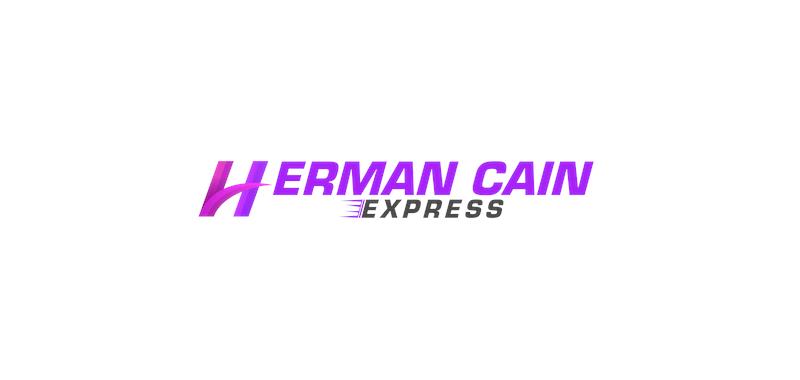
For months, headlines have chronicled conservative efforts to purge library shelves. But the “Tuttle Twins,” the children’s book series I authored that champions free markets, was recently and briefly yanked from one in upstate New York.
Will the supposed defenders of free speech rise up to condemn this censorship?
With six million copies sold, the “Tuttle Twins” series has a demonstrably large, mainstream audience. The book series — which teaches about free markets, personal responsibility, entrepreneurship and more — was recently stripped from the shelves of libraries in upstate New York on grounds that it “promotes a specific political and economic perspective.”
The very same shelves still celebrate Greta Thunberg’s climate crusade, glorify Rep. Alexandria Ocasio-Cortez’s (D-N.Y.) rise, and aggressively teach progressive activism. It seems exclusion is permissible, so long as it marches beneath a banner labeled “inclusion.”
The decision contradicts the library’s own policy manual, which promises not to ban books merely because they offer a “one-sided representation of opinions” or provoke “vehement debate.” It also flouts the American Library Association’s Library Bill of Rights, which the library adopted: “Materials should not be proscribed or removed because of partisan or doctrinal disapproval.”
When librarians forget their guild’s cardinal rule, they convert the reading room into an ideological checkpoint. In fact, they also run afoul of constitutional precedent. In the 1982 case Island Trees v. Pico, the Supreme Court held that officials “may not remove books … simply because they dislike the ideas contained in those books and seek by their removal to ‘prescribe what shall be orthodox in politics.’” Chemung County’s act is precisely the sort of viewpoint purge the court was condemning.
The stakes extend far beyond any one county or one book. PEN America records more than 10,000 school-library bans in the 2023-24 academic year, the highest tally on record. From Florida to Iowa, volumes featuring transgender protagonists or racial-justice themes vanish under conservative pressure. President Trump has vowed to yank federal funds from schools that refuse to excise critical-race or gender-ideology texts.
Progressives and liberals readily condemn these actions when the targets of the purge are books they want children exposed to. But why are they silent, and even complicit in purges, when the target is a topic with which they disagree?
The truth is that each side of the political aisle swings the same censorial hammer, merely trading targets. The result is a national game of literary whack-a-mole in which libraries become battlegrounds and children are collateral damage.
A republic confident in itself should aspire to something more than alternating censorship. Perhaps most can at least agree on a broad-based principle: Minors should be shielded from sexually explicit material, but they are perfectly capable of encountering and questioning competing economic and political ideas.
The “Tuttle Twins,” like the many books geared toward left-wing policies that crowd Chemung County’s catalogue, is an invitation to debate, not a seduction into dogma. We can ban the pornographic and also free the politically provocative.
Maintaining some viewpoint diversity on the shelf is not a concession to conservatives; it is insurance for progressives, too. The rule that kicks out a free-market “Tuttle Twins” book today can just as easily dump “Phenomenal AOC” tomorrow. Once we agree that libraries can trash certain ideas, the only question left is whose turn comes next — and who gets to pick the target.
Years of writing for children has shown me that kids prosper when ideas collide. Students who meet robust disagreement and grapple with unconventional ideas early develop sharper critical-thinking skills and broader tolerance for people different from themselves. Introduce them to Adam Smith and Karl Marx, Glenn Beck and Greta Thunberg, and they will emerge better armed to navigate the messy marketplace of adult opinion.
By suppressing half the political spectrum, we do not protect innocence — rather, we manufacture fragility.
Fortunately, Chemung County librarians have begun to repair the damage, compelled by the community’s backlash. After a flood of polite but pointed emails from parents and patrons, the district acknowledged that, “After internal review, the books in question are being returned” to the library’s shelves. This course correction serves as a timely reminder that sustained public engagement still moves institutions.
Thomas Jefferson reminded us that “error of opinion may be tolerated where reason is left free to combat it.” A public library exists to furnish the weapons of that combat. When it withholds a book because of its ideological content, it abandons its mission and, worse, teaches the next generation that uncomfortable ideas are objects to be plucked from sight, not examined.
Keep the “Tuttle Twins” and “Phenomenal AOC” alike. Shelve them, spine by spine, and trust young readers — moved by their own curiosity and guided by parents and teachers — to wrestle with competing visions of the ideal society. In that contest of thought lies the real lesson of a free country, and it starts on the lowest shelf a child can reach.
Connor Boyack is author of the Tuttle Twins children’s book series and president of Libertas Network

